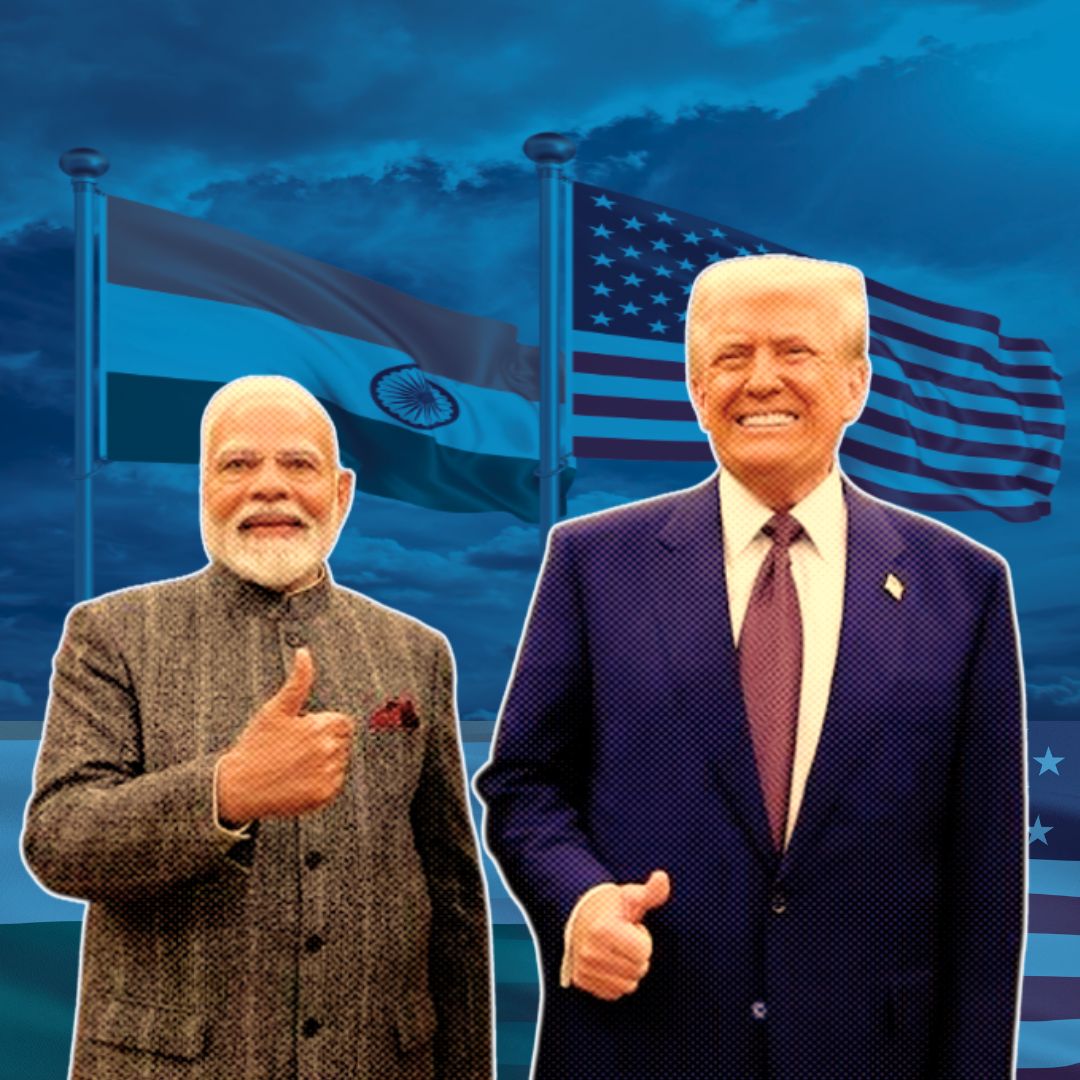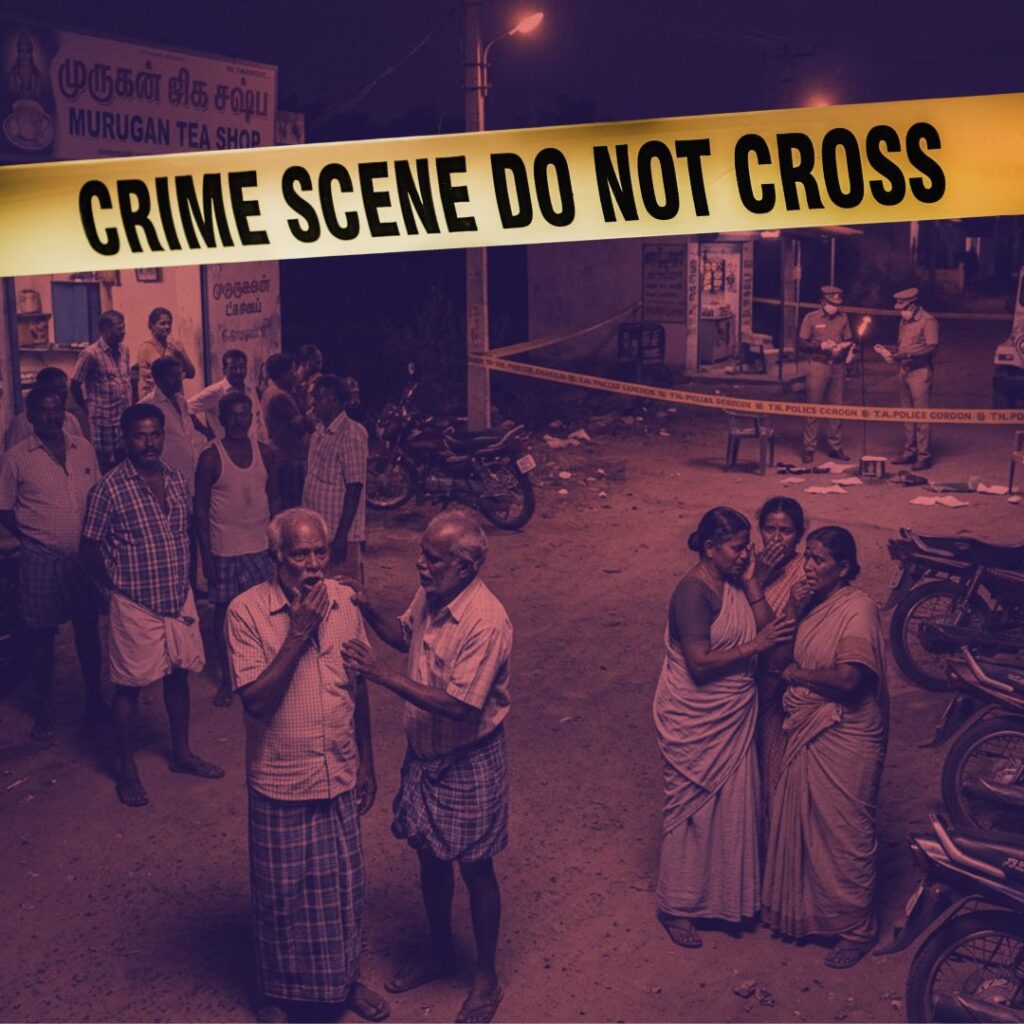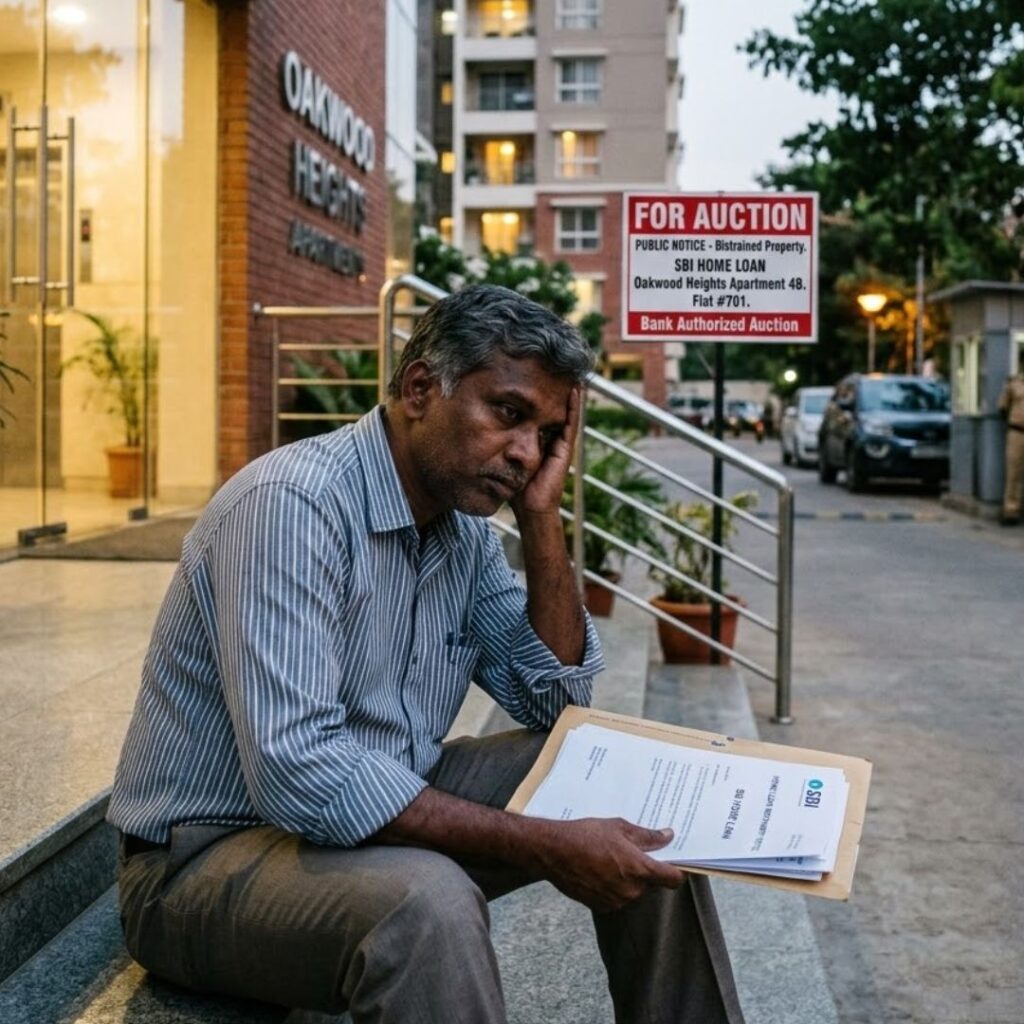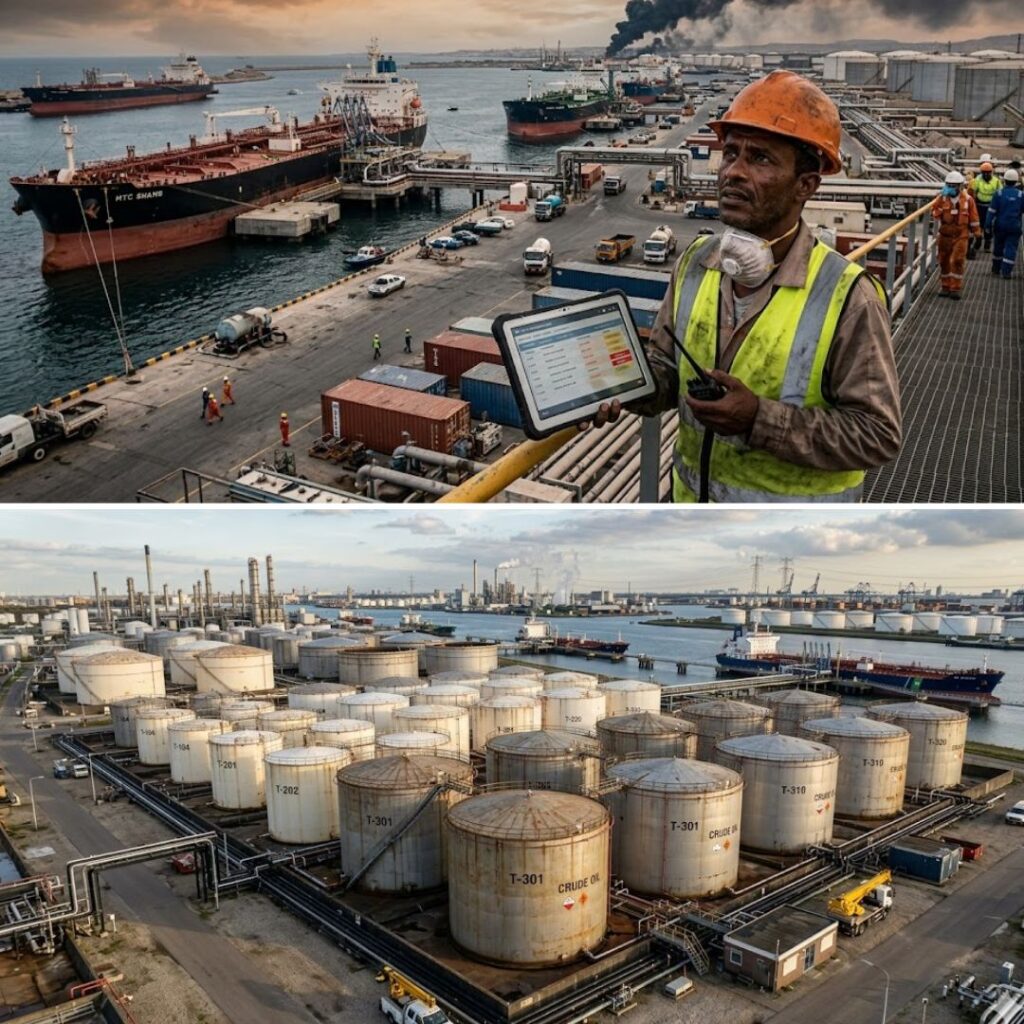India and the United States have significantly strengthened their strategic partnership, announcing ambitious plans to boost defence and energy cooperation during recent high-level discussions between Prime Minister Narendra Modi and President Donald Trump in Washington. Key highlights include increased US military sales to India, potential provision of F-35 fighter jets, and enhanced focus on energy security through US supply of oil and gas.
A major development is the agreement on the extradition of Tahawwur Rana, a convict in the 26/11 Mumbai terror attacks, to India. These initiatives reflect a shared commitment to democratic values, technological advancements, regional stability, and addressing global challenges, especially terrorism. The discussions signal a deeper alignment of strategic interests and a robust framework for future collaboration.
Bolstering Defence Cooperation and Maritime Security
To advance defence ties, the leaders are poised to formalise a new ten-year Framework for the U.S.-India Major Defense Partnership in the 21st Century, envisioned to span from 2025 to 2035. This framework aims to foster deeper interoperability and defence industrial cooperation.
As part of this, the U.S. will facilitate expanded defence sales and co-production initiatives, including new procurements and co-production arrangements for “Javelin” Anti-Tank Guided Missiles and “Stryker” Infantry Combat Vehicles in India to swiftly meet India’s defence requirements. Both nations will also commence negotiations for a Reciprocal Defence Procurement (RDP) agreement to better align their procurement systems.
During the meeting, the procurement of six additional P-8I Maritime Patrol aircraft was finalised, further enhancing India’s maritime surveillance capabilities in the Indian Ocean Region. “Starting this year, we will be increasing military sales to India by many billions of dollars,” remarked President Trump, underscoring the intensified defence collaboration. The potential provision of F-35 fifth-generation fighter jets to India is also under consideration, which would significantly upgrade India’s air power capabilities.
Energy Security, Technological Advancements, and Counterterrorism Efforts
In the energy sector, both countries have recommitted to the India-US Energy Security Partnership, focusing on enhanced hydrocarbon production and commerce to support global energy price stability and ensure affordable energy access. Crucially, they also reaffirmed their commitment to realising the potential in civil nuclear energy by constructing U.S.-designed nuclear reactors in India, with a strong emphasis on large-scale localisation and technology transfer.
In terms of technological advancement, a groundbreaking partnership has been forged between the U.S. National Science Foundation and the Indian Anusandhan (National Research Foundation) to deepen research linkages in critical and emerging technologies.
This collaboration will focus on areas like artificial intelligence, quantum computing, and advanced materials. A significant breakthrough on the counterterrorism front was the condemnation of Pakistan’s failure to act decisively against terrorist networks, emphasizing the need for accountability in the 26/11 Mumbai and Pathankot attacks. Following this, President Trump announced the approval of the extradition of Tahawwur Rana, a key convict in the 26/11 Mumbai terror attacks, to India, marking a significant win in India’s fight against terrorism.
The Logical Indian’s Perspective
As proponents of peaceful and constructive international relations, The Logical Indian commends the heightened focus on dialogue and cooperation between India and the US. We acknowledge the critical importance of energy security, technological advancement, and counterterrorism efforts for sustainable development and global stability. However, we strongly advocate that these collaborations prioritise the peaceful application of technology and promote regional stability through diplomatic channels, rather than relying solely on military strength.
It is vital that the pursuit of strategic alliances does not overshadow the essential values of empathy, harmony, and coexistence that underpin positive social change. How can India and the US work together to ensure that their strengthened ties contribute not only to their mutual benefit but also to a more peaceful, equitable, and just world for all?











